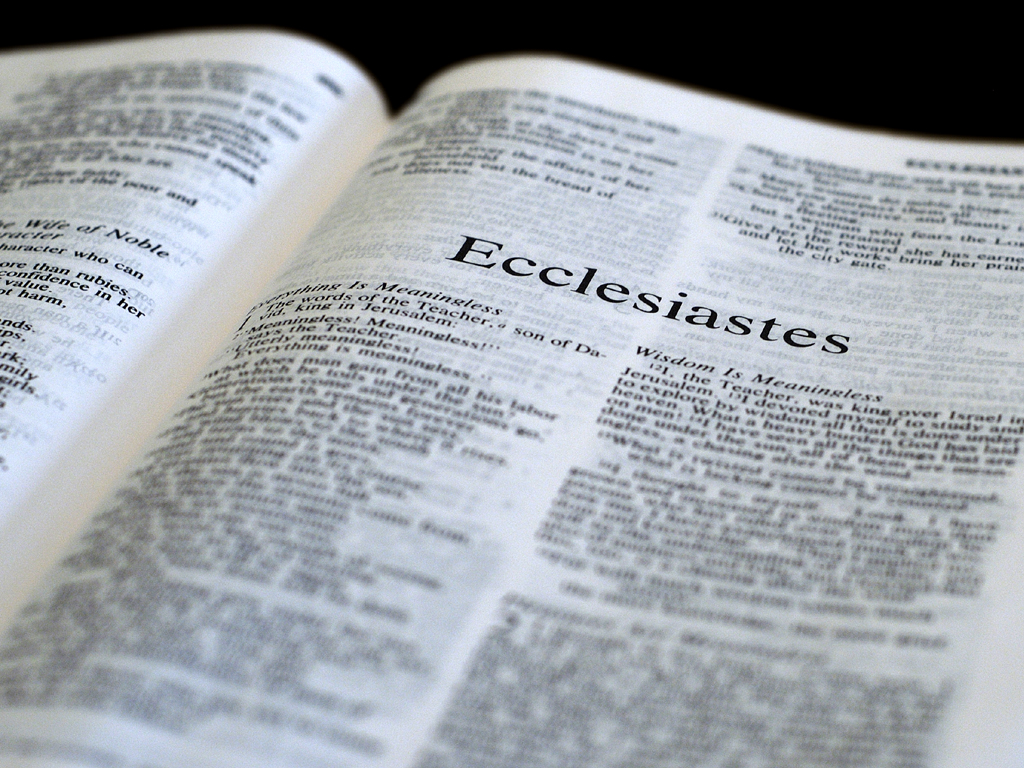The year 2020 has many detractors lately. With a major pandemic, economic distress threatening to equal the depths of the Great Depression, and the mass protests over police brutality, some are comparing this year with the worst ones in the past: the 1918 Spanish Flu; the Great Depression mentioned above; the 1968 unrest and political chaos that included two assassinations of public figures—Robert Kennedy and Martin Luther King.
For some, this might be the image that dominates:

Our society is not just divided politically but in every sense. We can’t even have a pandemic without controversy over how to handle it. “You want people to die,” one side says, while the other side declares, “You want to destroy everyone’s livelihood.”
Now, with the grotesque example of George Floyd’s death at the hands of some policemen who apparently didn’t care that he couldn’t breathe while they held him down forcefully for nine minutes, we see genuine mass protests that, unfortunately, can be desecrated by the infiltration of those with evil intent.
Faced with all of this, it’s easy to despair over the future. When I teach American history, I call 1968 the year of near-disintegration. I also refer to historian Paul Johnson’s description of the entire 1960-1970s era, which he called “America’s Suicide Attempt.” One good thing about being a historian is that you know whatever we experience now has been experienced before. That tends to give some perspective.
Yet that doesn’t mean that what we are experiencing now isn’t destructive, especially when so many of us see poor leadership in the midst of the crisis. That poor leadership isn’t entirely political; it’s also emanating from those who should be the most spiritual who have, sadly, allowed politics to become almost an idol.
Government in this present crisis, as Ronald Reagan so poignantly noted in his first inaugural address, is not the solution but the problem. Reagan took over as the era of racial riots, Vietnam, a presidential resignation, and economic downturns was threatening to destroy all the good America had done.
Yet history is replete with such problems. One of my favorite sayings is “Where there are people, there are problems.” Sinful humanity decrees that problems will always be with us.

The book of Ecclesiastes is one of the most somber of Bible books. It lays out the futility and/or vanity of much of life. It reminds us that what we have on this earth is fleeting. We may achieve great things, but even the great die. We may become wealthy and powerful, but even those who sat at the top of society will return to the dust. Those who were once renowned may be remembered no more. God is the final judge. This book meant a lot to me at one point in my life. I had wandered from the Lord and tried to fill my life with scholarship, thinking that’s where true meaning and success would blossom. At the end of the struggle to receive that coveted doctorate, I finally came to the end of myself, wondering if all that time and effort was worth it. That’s when the Lord, who was patiently waiting for me to hit bottom, directed me to the final words of Ecclesiastes.
The words of the wise are like goads, and the anthologies of the masters are like firmly embedded nails driven by a single Shepherd. And by these, my son, be further warned: There is no end to the making of many books, and much study wearies the body.
When all has been heard, the conclusion of the matter is this: Fear God and keep His commandments, because this is the whole duty of man. For God will bring every deed into judgment, along with every hidden thing, whether good or evil.
Ecclesiastes 12:11-14
That’s when my life turned around again. If we focus on this life only, we will be most miserable. God has made us for eternity. What really matters is fear/reverence of Him and keeping His commandments.
We see the confusion in our society; we see all the division; it’s easy to despair. Who is right? Which “side” should we be on? Well, we should be on God’s side, realizing that He “will bring every deed to judgment, along with every hidden thing, whether good or evil.”
That’s where our stability resides. God has the final word. Stay faithful to Him in times of distress—even times of chaos—and He will guide us through the storms. Society may crumble, but God’s kingdom never will.
